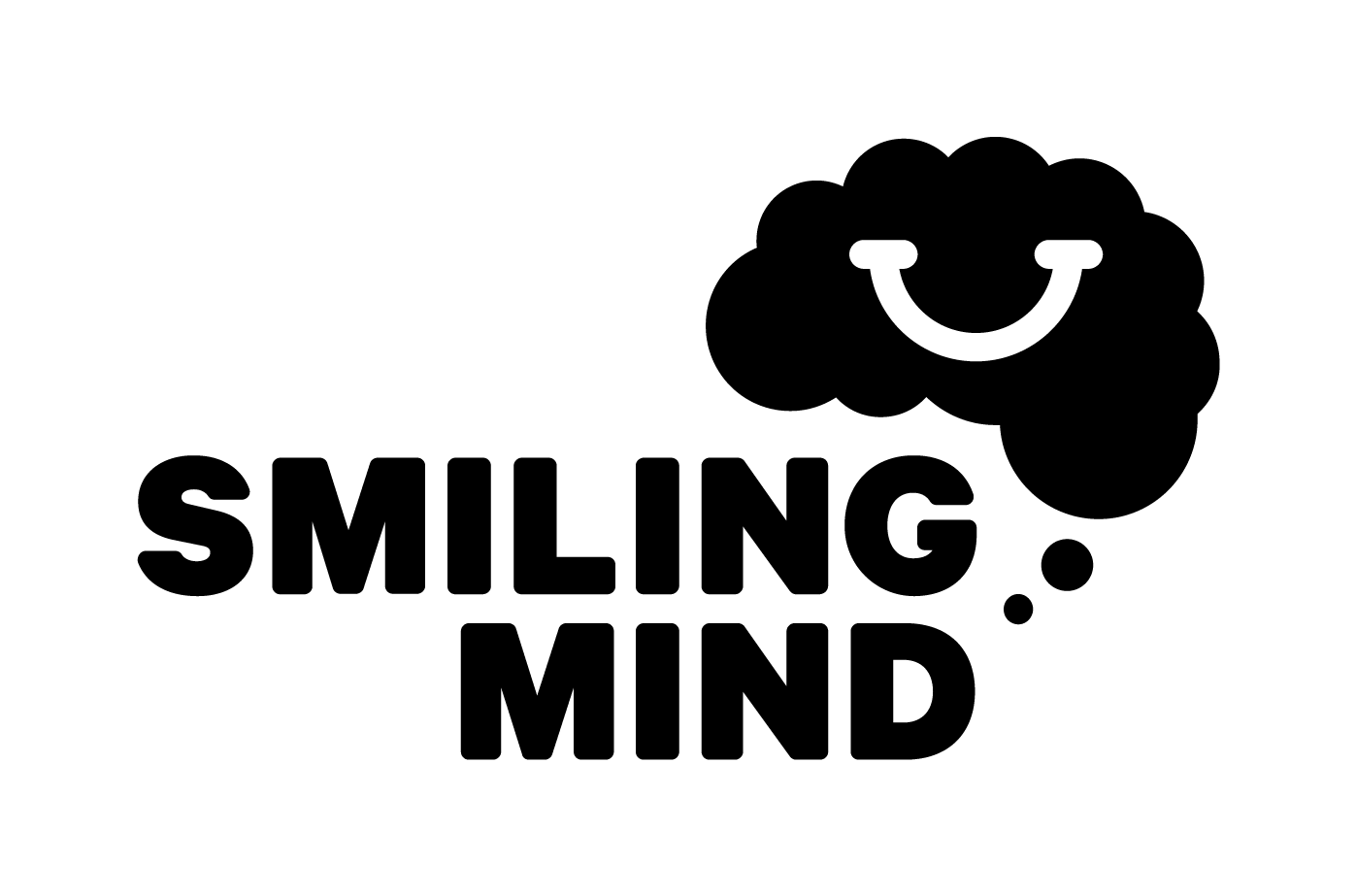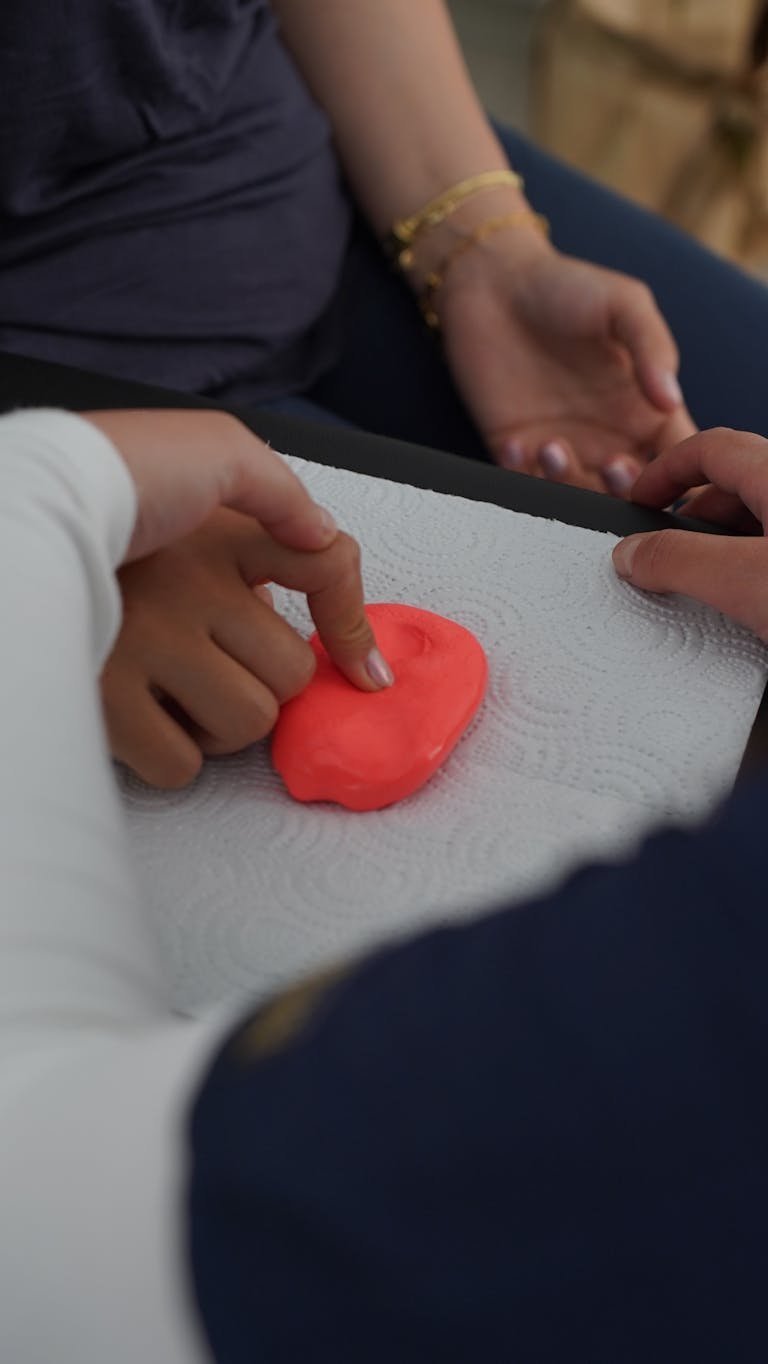
Okay team – therapists on the front lines, and the wonderful parents partnering in this journey – listen up for a sec. We’re all in the trenches together, supporting incredible individuals, shaping meaningful behavior, and celebrating those hard-won victories. It’s work that truly matters, right? But look, let’s be real with each other: this job asks a lot. Long days, navigating complex situations, the emotional investment… it can definitely take a toll.
Here’s the straightforward truth: taking care of yourself isn’t a bonus or a nice-to-have. It’s absolutely necessary. When you’re feeling drained, stretched thin, or burnt out, it impacts everything – your energy, your ability to be present, your patience, and ultimately, the quality of the support you provide. It also steals the joy from your life outside of work.
The good news? Giving yourself a recharge doesn’t require a big budget or a huge time commitment. It’s about finding smart, simple ways to weave little moments of care into your daily grind. Just like building a skill with consistent practice, building in self-care routines, even small ones, makes a massive difference over time.
Ready to tackle that burnout head-on with some free, easy steps?
Here are some practical ways to refuel:
1. Sprinkle in “Micro-Moments” During Your Day for self-care
Think of these as quick pit stops for your brain and body. Adding these short breaks can help manage the intensity of sessions and the overall stress of your day.
- Mindful Transitions: You just finished working with a client or wrapped up some notes. Before jumping into the next thing, pause. Give yourself 60 seconds. Close your eyes, take 3 deep breaths, really paying attention to the air moving in and out. It’s a simple way to signal to your system, “Okay, reset.”
- Quick Test: The next time you move from one client or task to another, set a timer for just 60 seconds. Use that minute to breathe deeply. How did that tiny pause affect how you started the next activity? Just observe.
- Stretch Breaks: Our bodies store stress. Simple stretches you can do anywhere – rolling your shoulders back, reaching your arms overhead, a gentle neck stretch – can help release that tension.
- Hydrate Mindfully: Keep water with you and actually notice when you drink. Feel the coolness, the texture. It’s a simple anchoring moment in your day.
- Acknowledge Wins: We’re awesome at celebrating client progress! Let’s turn that lens on ourselves. Did you handle a challenging behavior sequence effectively? Did you manage to finish your notes on time? Give yourself a brief mental nod of acknowledgment. It’s valid and important.
- Step Outside: If it’s at all possible, step outside for 2-5 minutes. Fresh air and a different view can surprisingly quickly shift your perspective and calm your nervous system.
2. Fast Mindfulness & Mental Refreshers for self-care
When your mind feels like it’s going a million miles an hour, these simple techniques can help you hit the brakes and find some calm.
- Box Breathing: This is super discreet and effective when you need it most. Inhale for a count of 4, hold for 4, exhale for 4, hold for 4. Repeat a few times. It’s like giving your nervous system a little gentle rhythm.
- 5-4-3-2-1 Grounding: Feeling overwhelmed or anxious? Engage your senses to pull yourself into the present. Look for 5 things you can see, identify 4 things you can touch, listen for 3 things you can hear, notice 2 things you can smell, and finally, 1 thing you can taste.
- Quick Test: The next time you feel yourself getting overwhelmed, stop what you’re doing and try the 5-4-3-2-1 exercise. Pay attention afterward – did it help anchor you back in the moment?
- Short Guided Meditation: There are fantastic free apps with guided meditations as short as 5 or 10 minutes. Slip one in during a break or your commute (if you’re not driving!).
- Mindful Observation: Pick an everyday object near you – your shoe, a doorknob, a leaf outside the window. Spend one minute just looking at it closely. Notice its color variations, its texture, its shape, without judging or labeling. It’s a workout for your focus.
- Gratitude Moment: Take 30 seconds and think of just one simple thing you’re genuinely thankful for in that moment. It doesn’t have to be big – the sun shining, a comfy chair, your favorite snack. This tiny shift in focus can make a difference.
3. Simple Physical Boosts
Taking self-care of your body directly supports your ability to handle stress and show up fully.
- Prioritize Sleep: Okay, this is non-negotiable for keeping your mind and body functioning well. Aim for a consistent sleep schedule. Create a simple routine before bed – dim the lights, put screens away (seriously!), maybe read a book. These steps signal to your body it’s time to wind down.
- Move Your Body: You don’t need a fancy gym routine. A quick, brisk walk during a break, dancing to a song you love, doing some simple bodyweight exercises at home. Find movement you enjoy, even in short bursts. It’s like releasing pent-up energy.
- Quick Test: Choose one day this week. Schedule just 15 minutes for some kind of movement you want to do – not because you feel like you should. Could be dancing, walking, stretching. Did doing something you enjoyed feel different than exercise that feels like a chore?
- Mindful Eating: When you can, try to eat your meals without distractions. Pay attention to the taste, smell, and texture of your food. It helps you feel more satisfied and present.
- Nature Exposure: Even small doses count! Looking out a window at trees, sitting in a park for 10 minutes, or having a plant nearby can have a calming effect. Connecting with nature is a simple way to feel more regulated.
4. Connection, Boundaries & Unwinding
Protecting your energy and building strong connections are key to long-term sustainability in this demanding field. Setting boundaries is like setting up an environment that makes it easier for you to thrive.
- Connect with Peers (Consciously): Chatting with trusted colleagues who get this work can be incredibly supportive. Share both challenges and successes (always protecting client confidentiality, of course!). Focus on lifting each other up.
- Set Work Boundaries: It’s easy for work to bleed into personal time. Try to set clear end times for your workday. Create a small ritual to mark the transition – change your clothes, go for a quick walk, put on relaxing music. This helps your brain switch gears.
- Tech Time-Outs: Our phones keep us connected, which is great, but they can also keep us “on” for work 24/7. Designate specific times (even just an hour in the evening) to be screen-free or social-media-free.
- Quick Test: Pick a set time tonight, say 8 PM. From that point until you go to bed, avoid checking work emails or social media. Notice how you feel. Does it create more space for relaxation or connection?
- Make Time for Hobbies: What do you do just for pure fun, totally unrelated to ABA? Make small pockets of time for it. It’s essential for recharging your battery with things that bring you joy outside of work accomplishments.
- Be Present with Loved Ones: When you’re spending time with friends or family, really be there. Try to put work thoughts aside. These connections are your support network.
- Practice Saying “No”: This can be tough, but it’s vital. Kindly decline extra commitments that you know will overextend you, both at work and in your personal life. Saying no to something that drains you is saying yes to protecting your energy.
Wrapping It Up:
Remember, you don’t have to become a self-care guru overnight. The key is consistency. Pick just one or two of these suggestions that feel doable and interesting to you, and try integrating them regularly into your week. Set reminders, add them to your schedule – whatever helps make them happen!
Taking even these brief moments for yourself isn’t selfish; it’s essential for being the best RBT you can be, for showing up fully for your clients and their families, and for living a more balanced, joyful life. You absolutely deserve it!
Want some simple tools to help you practice mindfulness and meditation? Check out these free resources:
- Medito: Medito – Run by a non-profit dedicated to mental well-being. Simple and accessible.
- Smiling Mind: Smiling Mind – Free and easy to use, from a non-profit committed to mental health.
Let’s keep supporting each other in this incredible work and in taking care of ourselves along the way. What’s one small self-care step you’re going to commit to trying this week? Share it below!
Medito Foundation is a nonprofit dedicated to improving mental wellbeing and helping people cope better with depression, stress, anxiety, and any other negative states of mind.
 Smiling Mind: It’s free, easy to use, and offered by a non-profit committed to mental well-being.
Smiling Mind: It’s free, easy to use, and offered by a non-profit committed to mental well-being.






